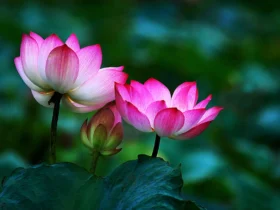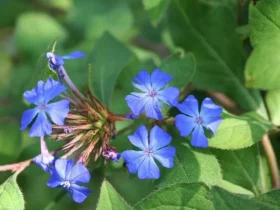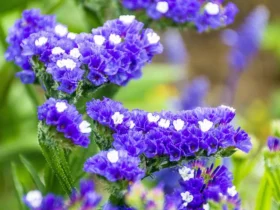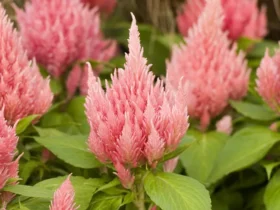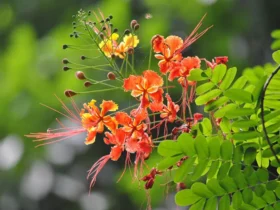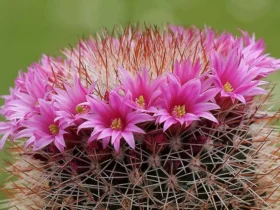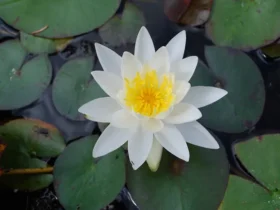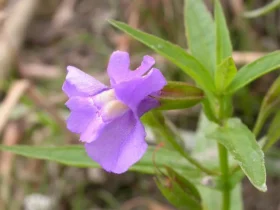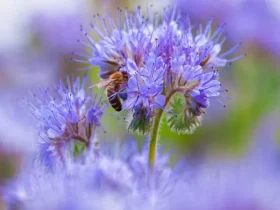Sunflowers are one of the most beautiful flower species in Europe, with their vibrant golden petals and striking stature, are truly nature’s radiant suns. These iconic flowers, known for their cheerful disposition and unmistakable appearance, have captured the hearts of people around the world.
Sunflower images
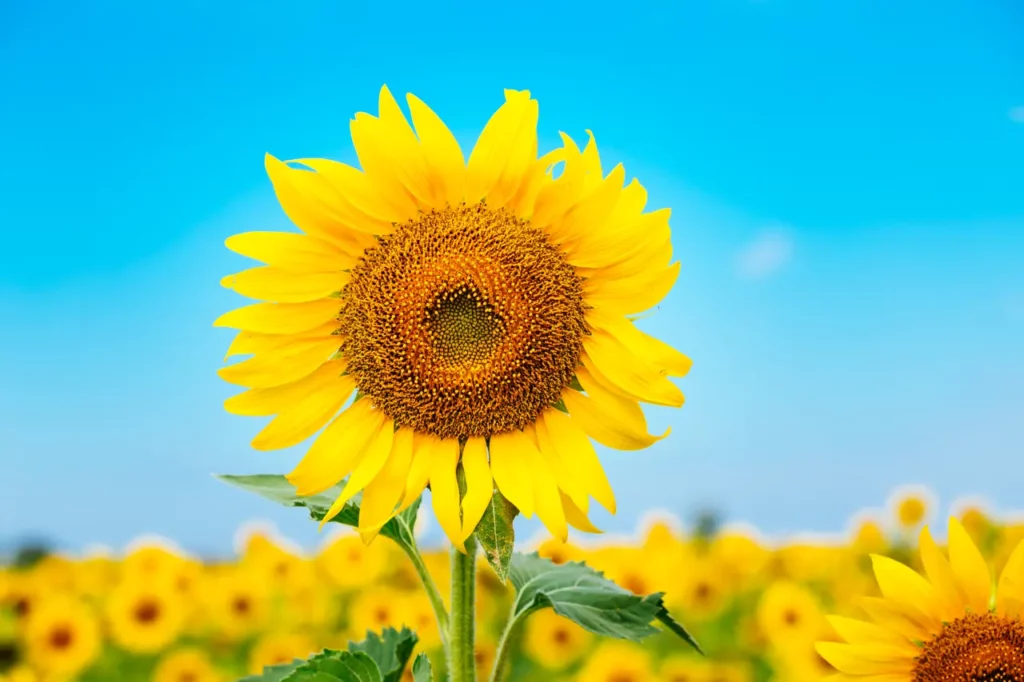
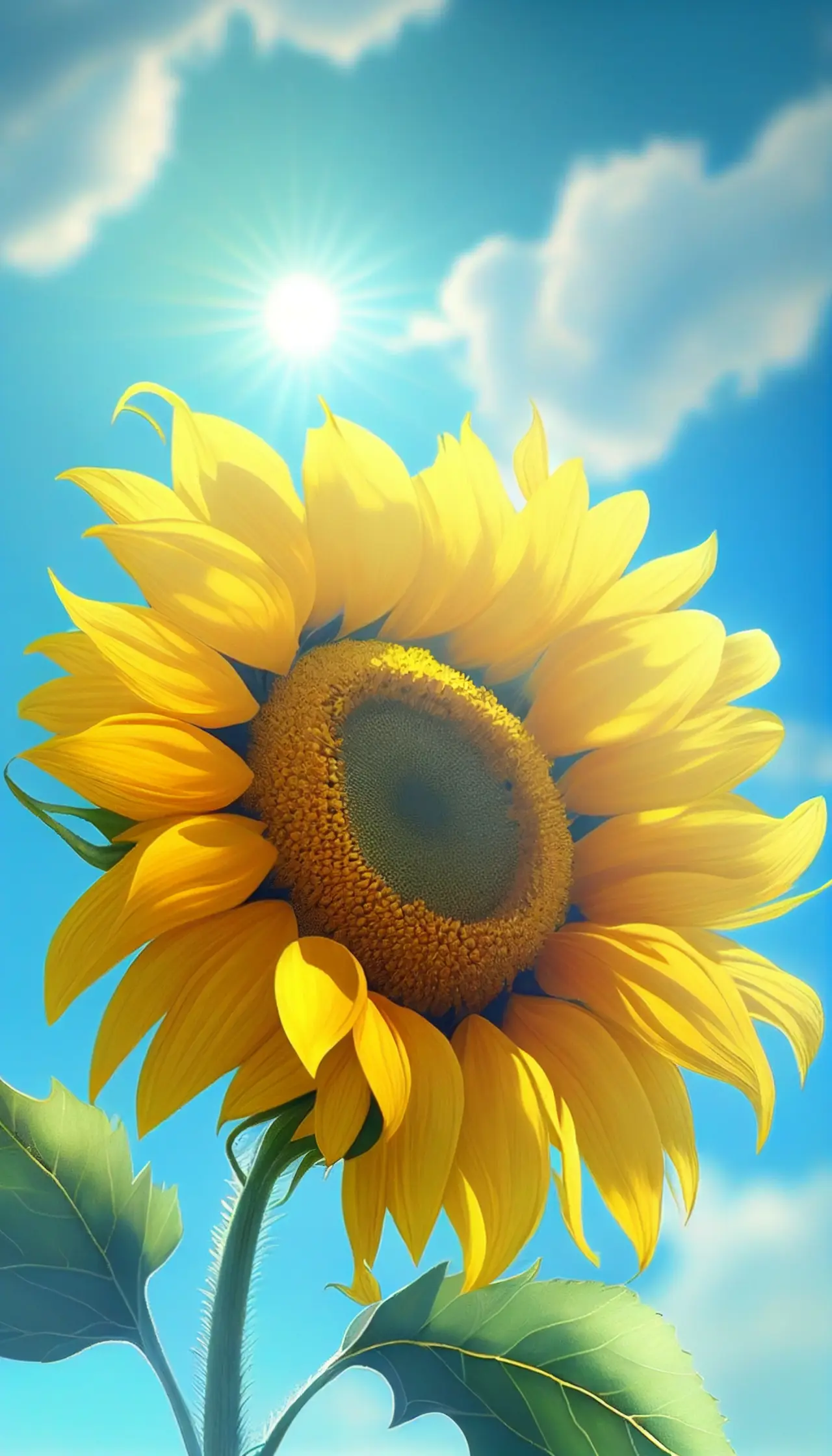

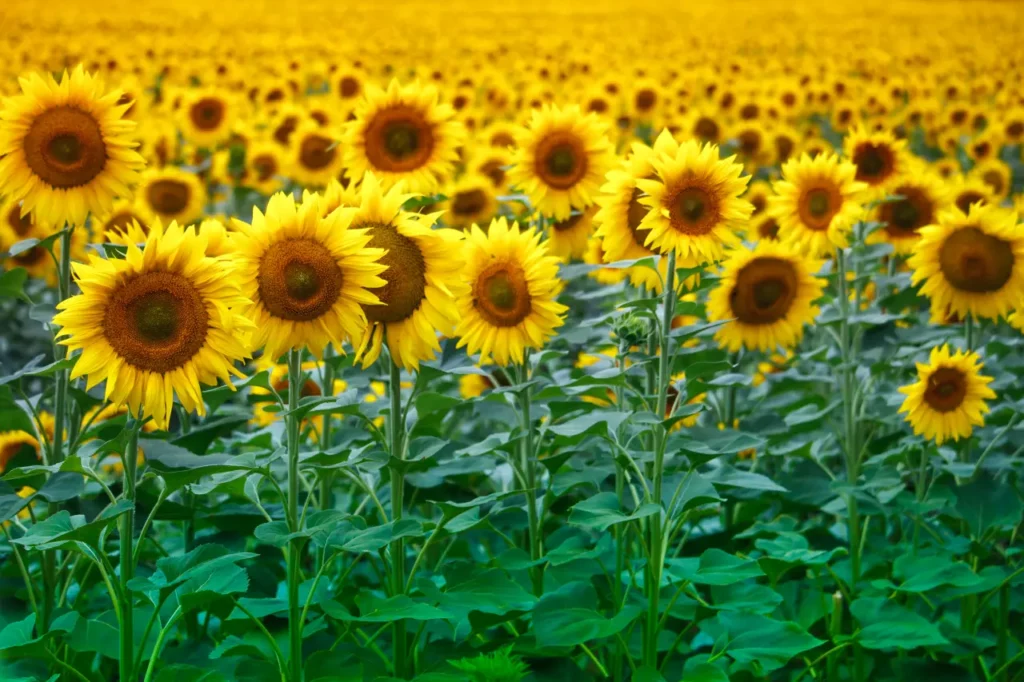
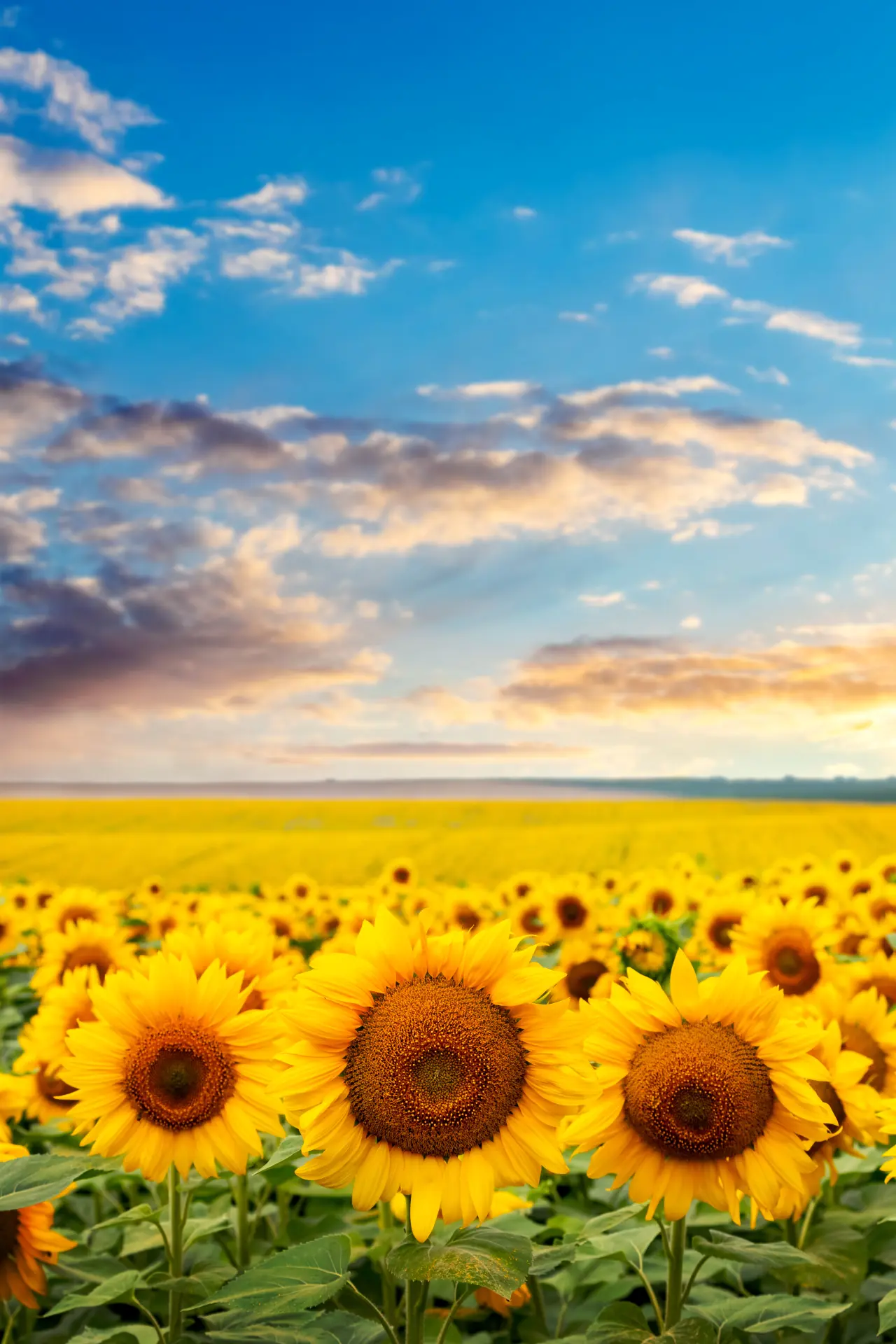
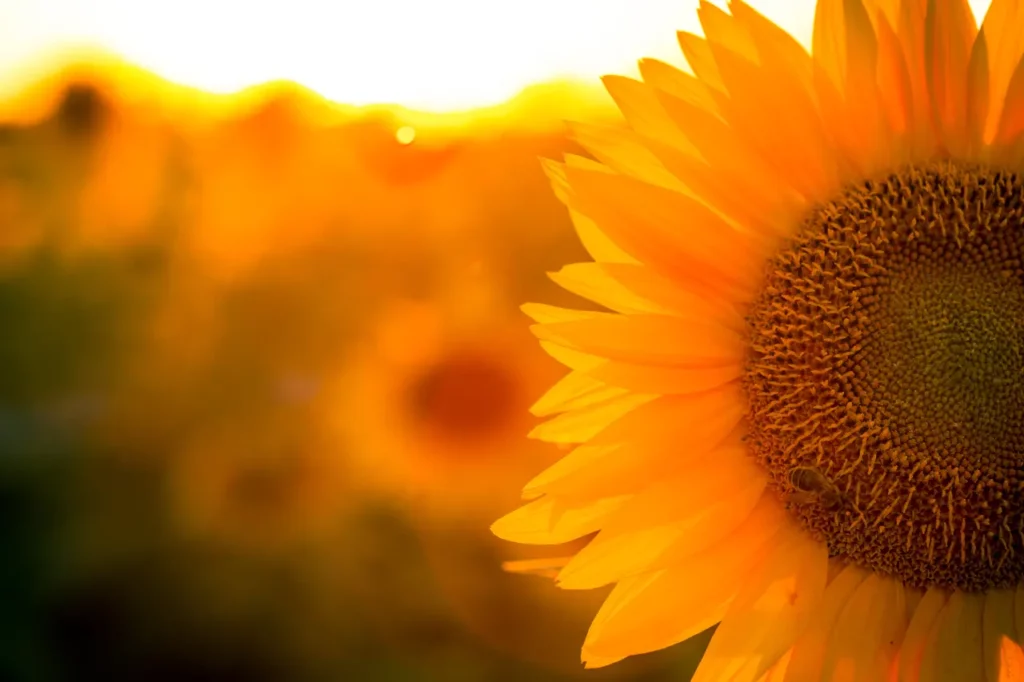
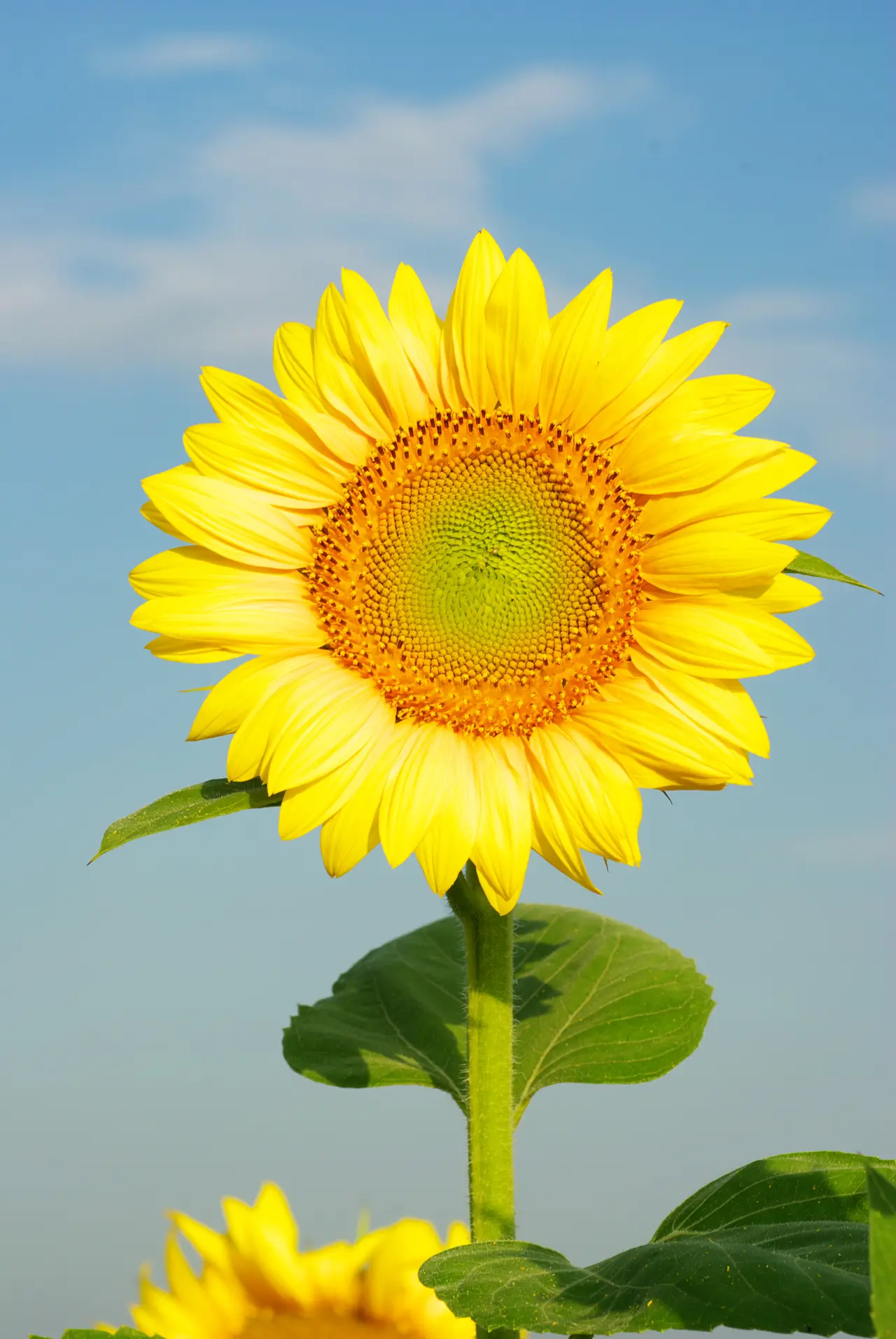
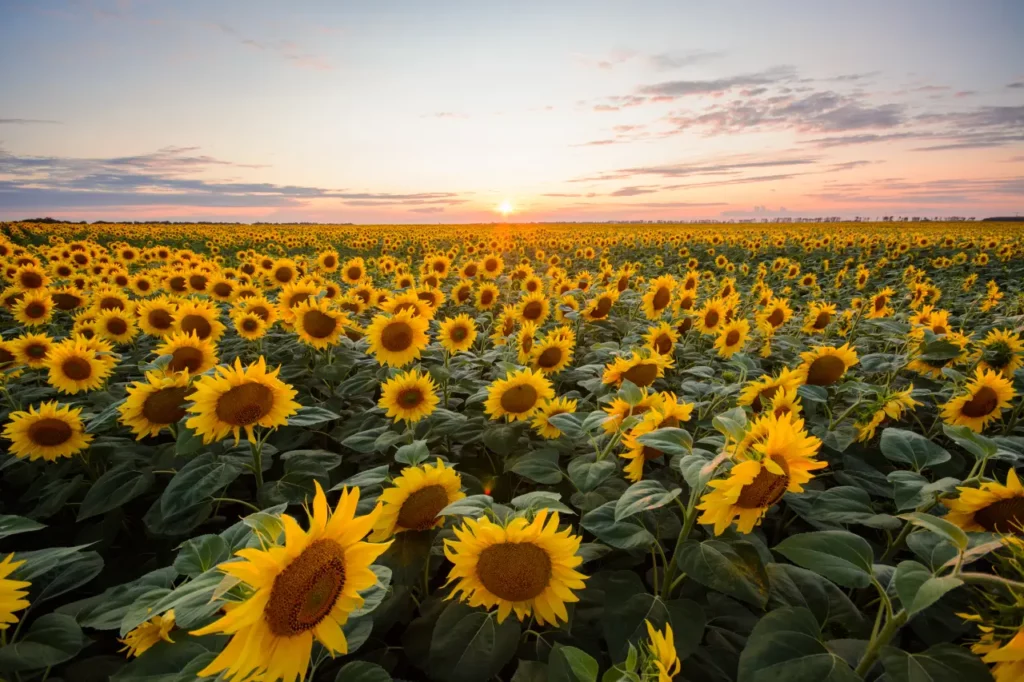
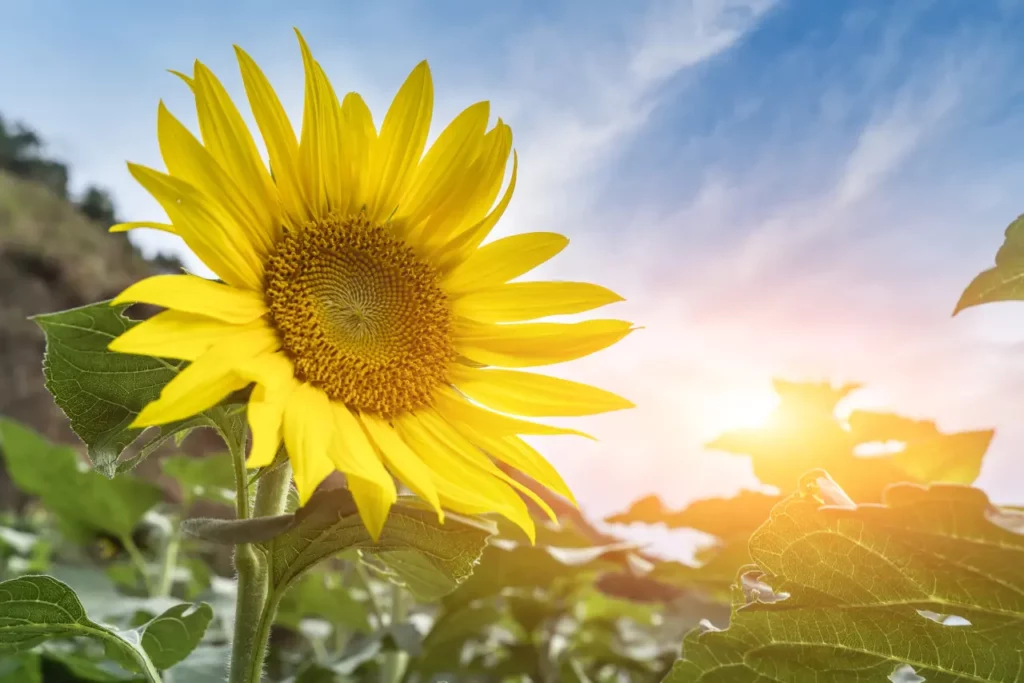
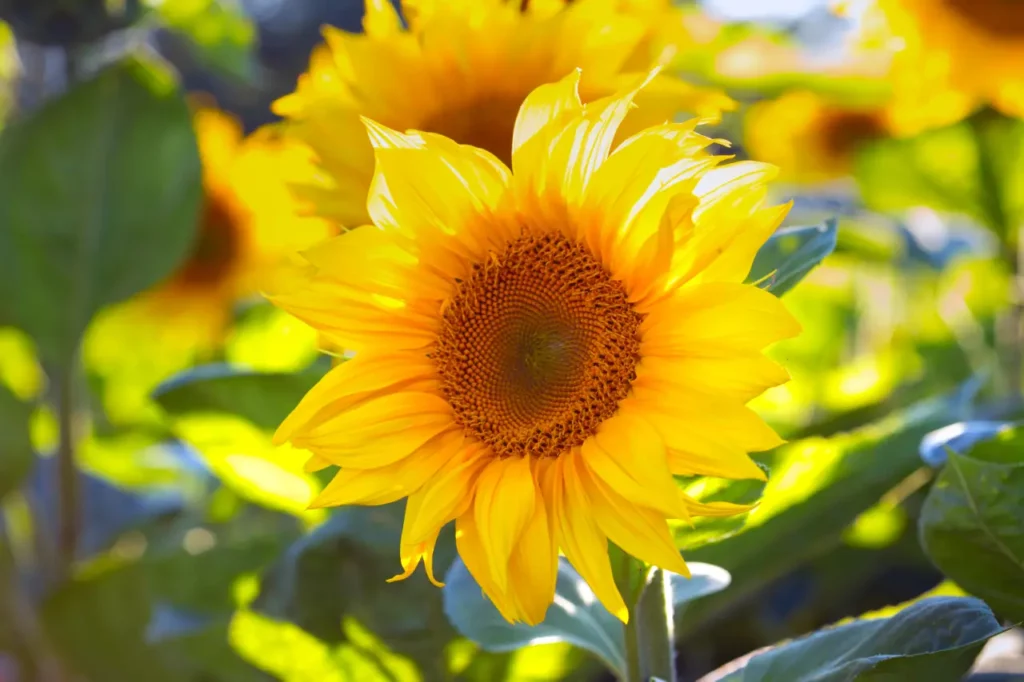
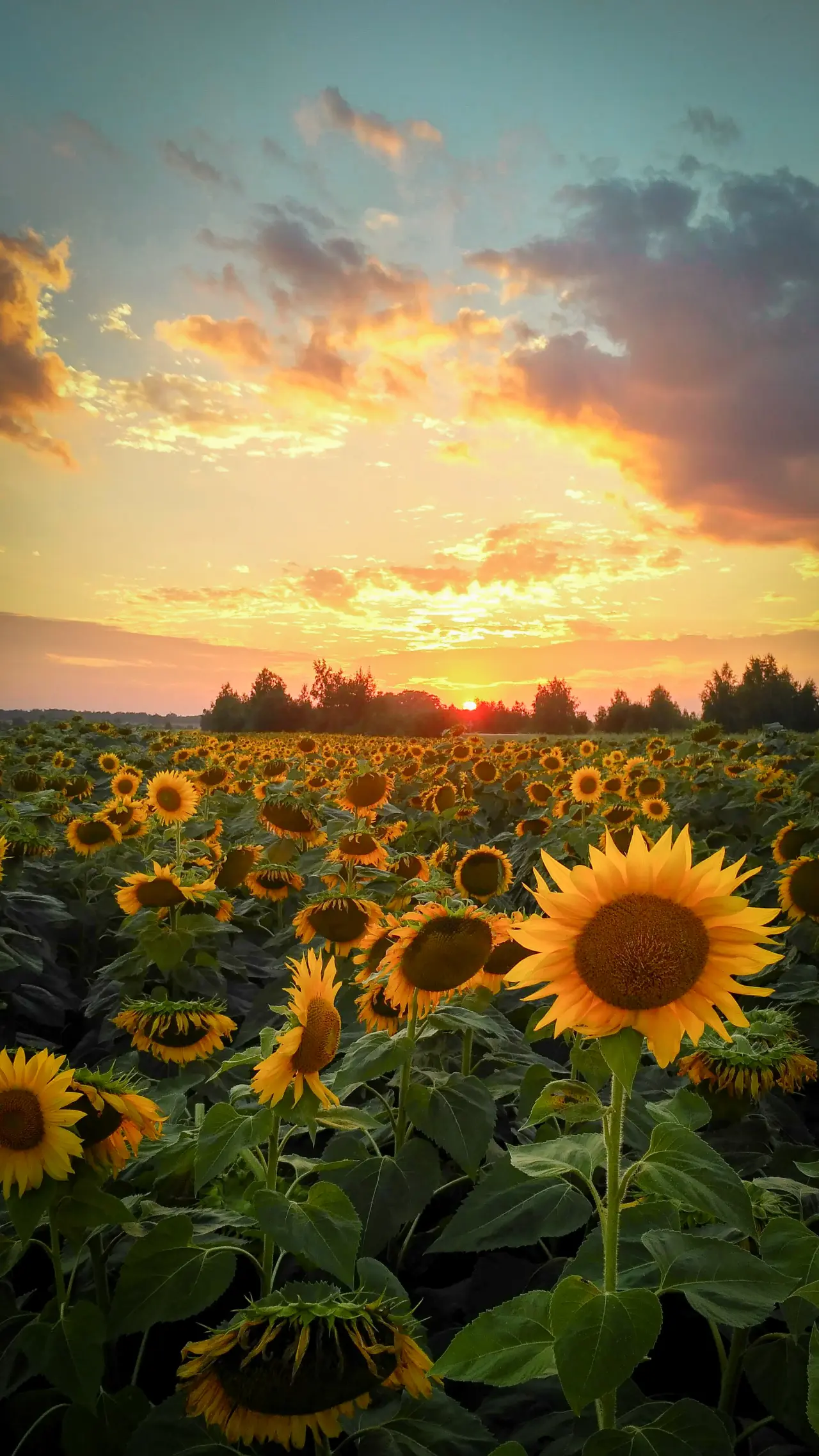
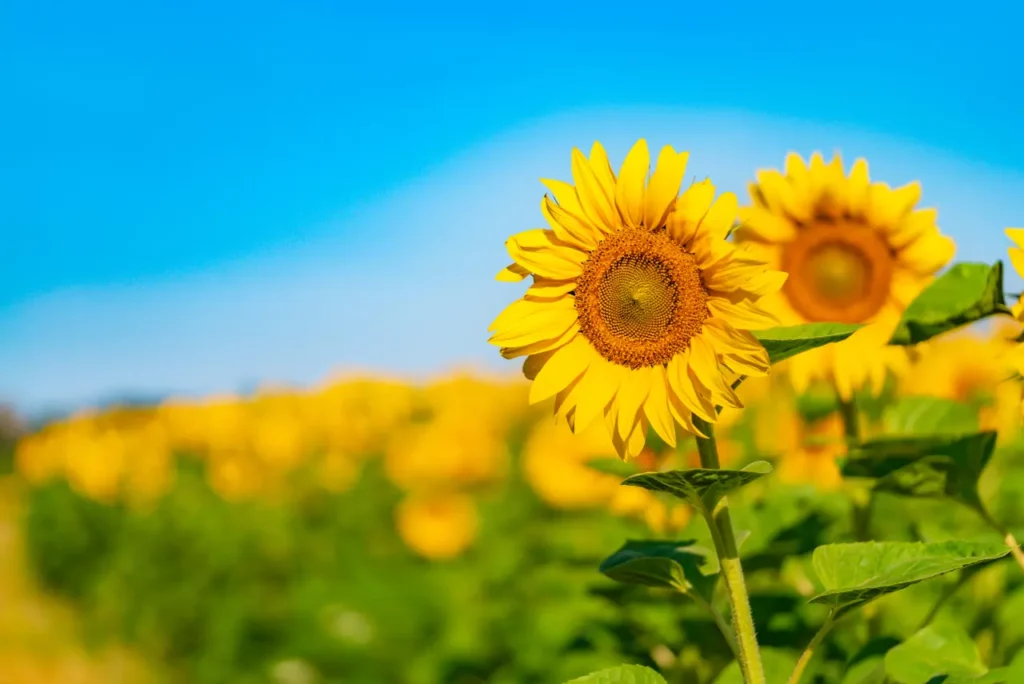
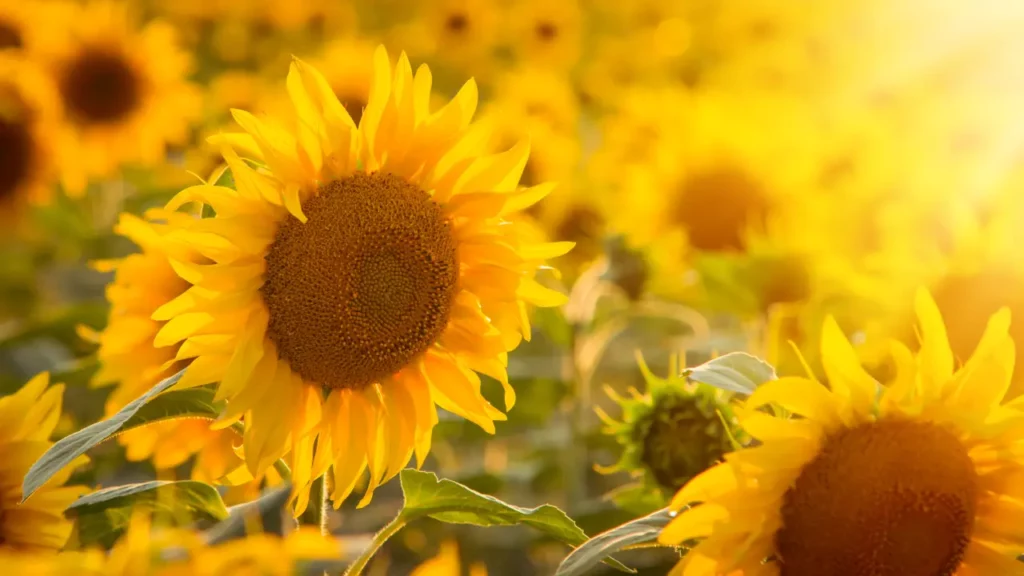
From their sunny symbolism to their practical uses, sunflowers hold a special place in both our gardens and our cultural imagination. Join us as we explore the captivating world of sunflowers and uncover the reasons why they continue to inspire joy and fascination.
Symbol of Sunshine and Positivity
Sunflowers are synonymous with sunshine and positivity. With their large, round flower heads that resemble the sun, they evoke a sense of warmth, happiness, and optimism. The sight of sunflowers gently swaying in a field or adorning a vase brings an instant smile to one’s face. These flowers serve as a reminder to embrace the bright side of life and to radiate positivity, much like the sun itself.
Garden Giants
Sunflowers are known for their impressive size and stature. Some varieties can grow to towering heights, reaching up to 10 feet or more. This characteristic makes them stand out in the garden, creating a bold and dramatic presence. Whether grown in a field, as a border, or as a focal point in a garden bed, sunflowers command attention and exude a sense of strength and vitality.
Ecological Importance
Beyond their visual appeal, sunflowers play a crucial role in supporting biodiversity and ecological balance. These flowers attract pollinators, such as bees and butterflies, with their abundant nectar and pollen-rich blooms. In turn, the pollinators help fertilize the flowers and facilitate seed production. Sunflowers also provide food and habitat for birds and other wildlife, as their seeds are a valuable source of nutrition. By cultivating sunflowers, we can contribute to the overall health of ecosystems and foster a thriving environment for a variety of creatures.
Versatile Uses
Sunflowers offer more than just their captivating beauty. They have a range of practical uses as well. Sunflower seeds, a popular snack and ingredient, are packed with nutrients, including healthy fats, protein, and vitamin E. The seeds can be roasted, added to baked goods, or used to make nutritious oils. Sunflower oil is widely used for cooking and as a base for salad dressings and other culinary creations. Additionally, sunflower oil is also utilized in cosmetic and skincare products for its moisturizing and nourishing properties.
Cultural Significance
Sunflowers hold cultural significance in various societies around the world. They have been celebrated in art, literature, and folklore, representing concepts such as loyalty, adoration, and spiritual connection. In some Native American traditions, sunflowers symbolize harvest and abundance. They have also become a symbol of eco-consciousness and sustainability, representing the importance of harnessing the sun’s energy as a renewable resource.
Sunflowers, with their radiant beauty and positive symbolism, continue to captivate hearts and inspire joy. Whether adorning gardens, fields, or floral arrangements, these majestic flowers evoke a sense of warmth, optimism, and connection to the natural world. From their ecological importance to their practical uses, sunflowers remind us of the beauty, resilience, and generosity of nature. So, the next time you encounter a sunflower, take a moment to appreciate its vibrant petals and let its sunny spirit brighten your day.
